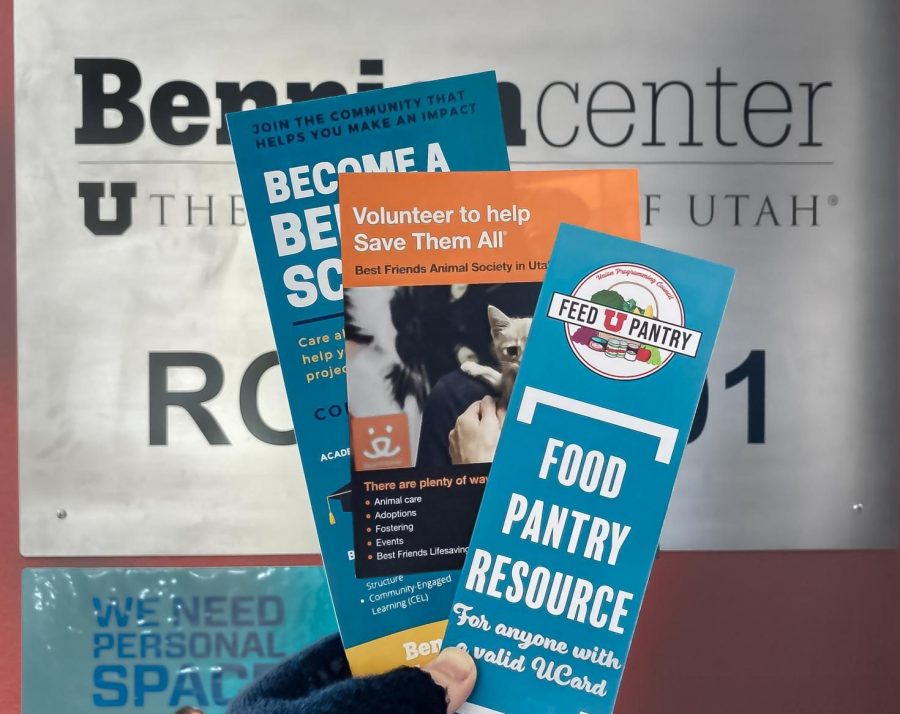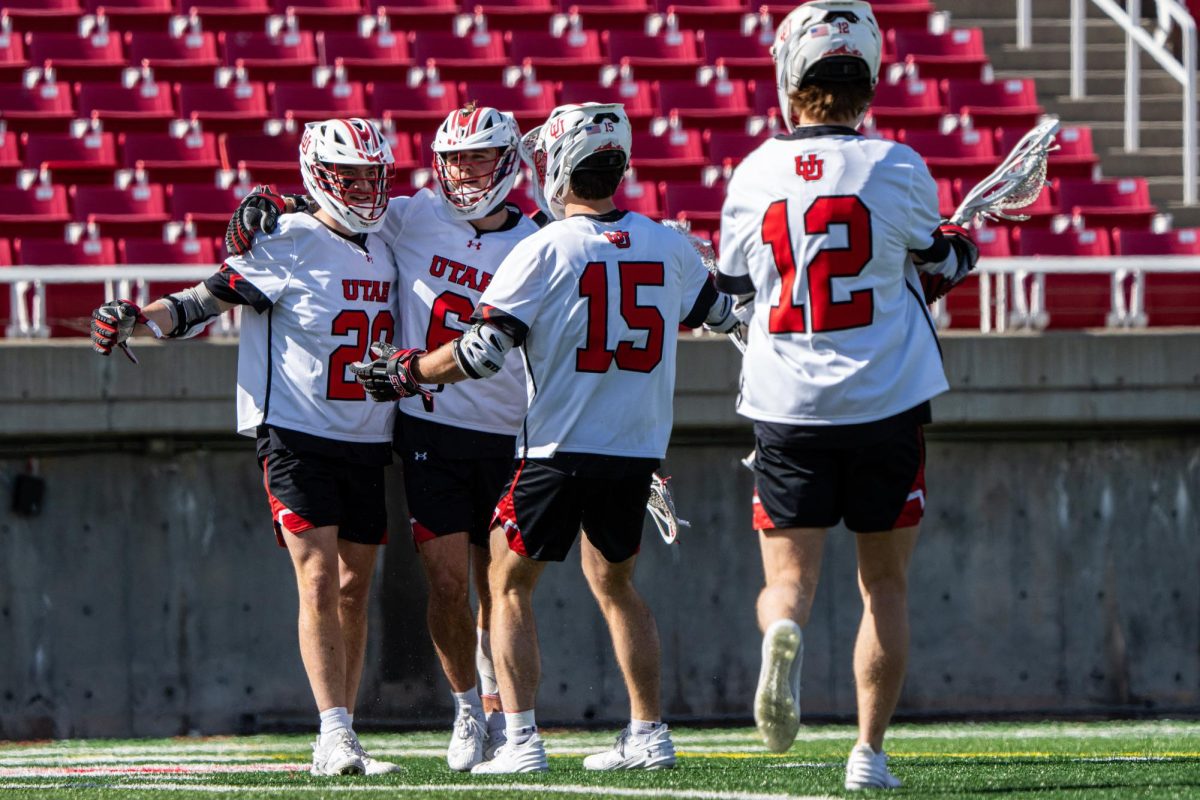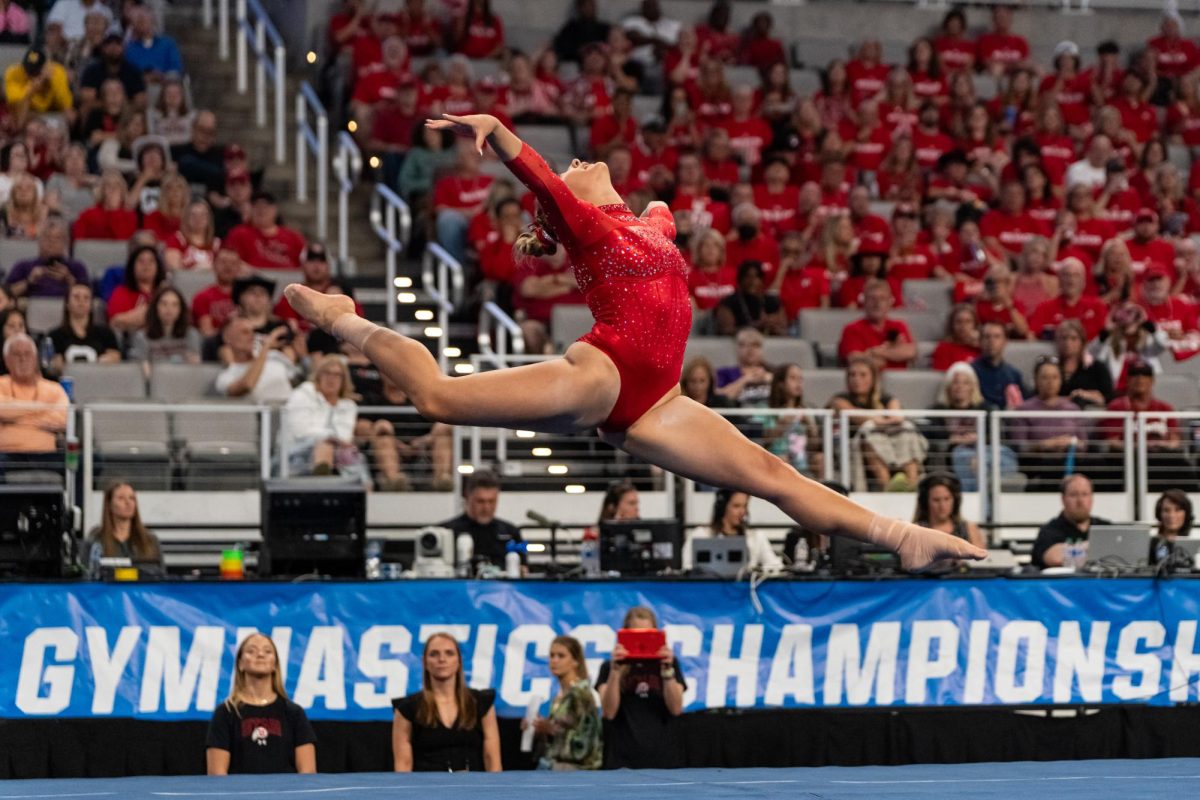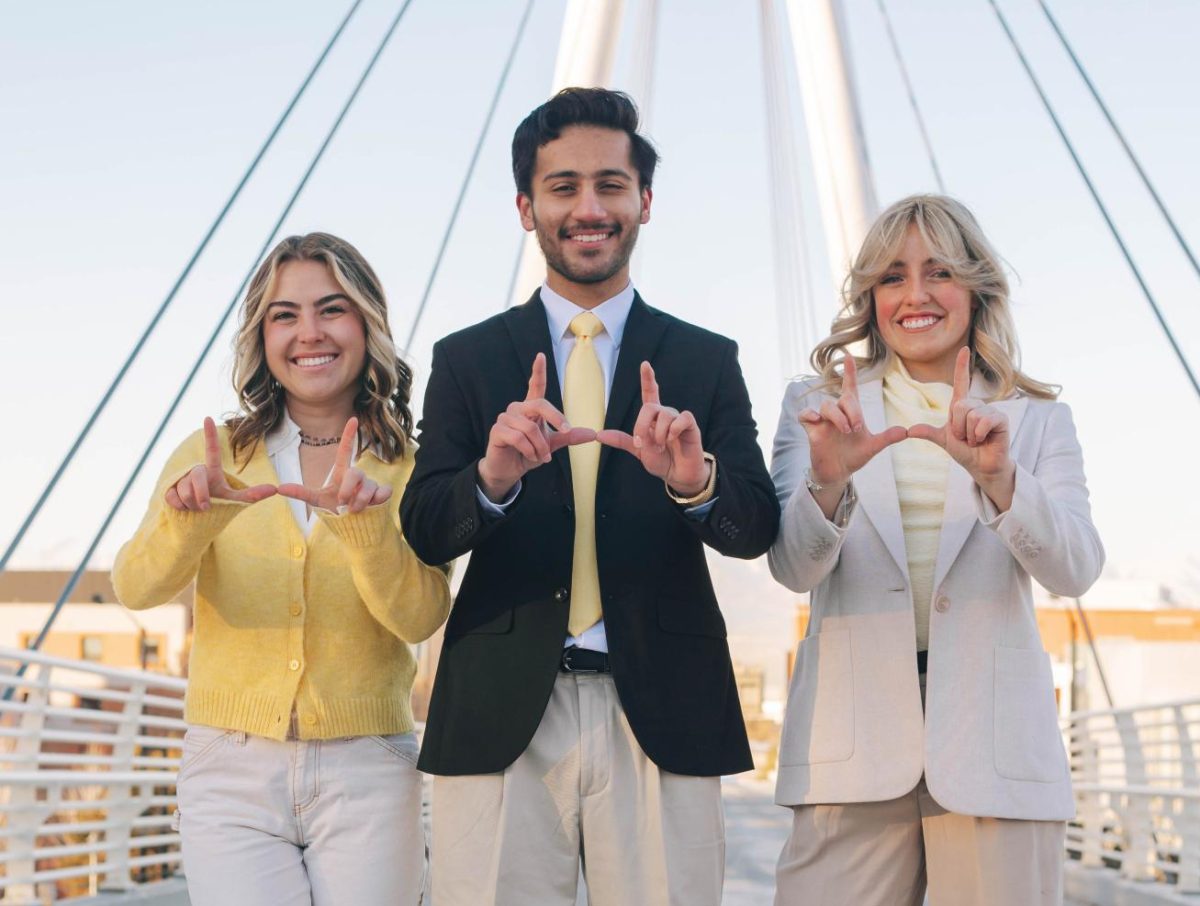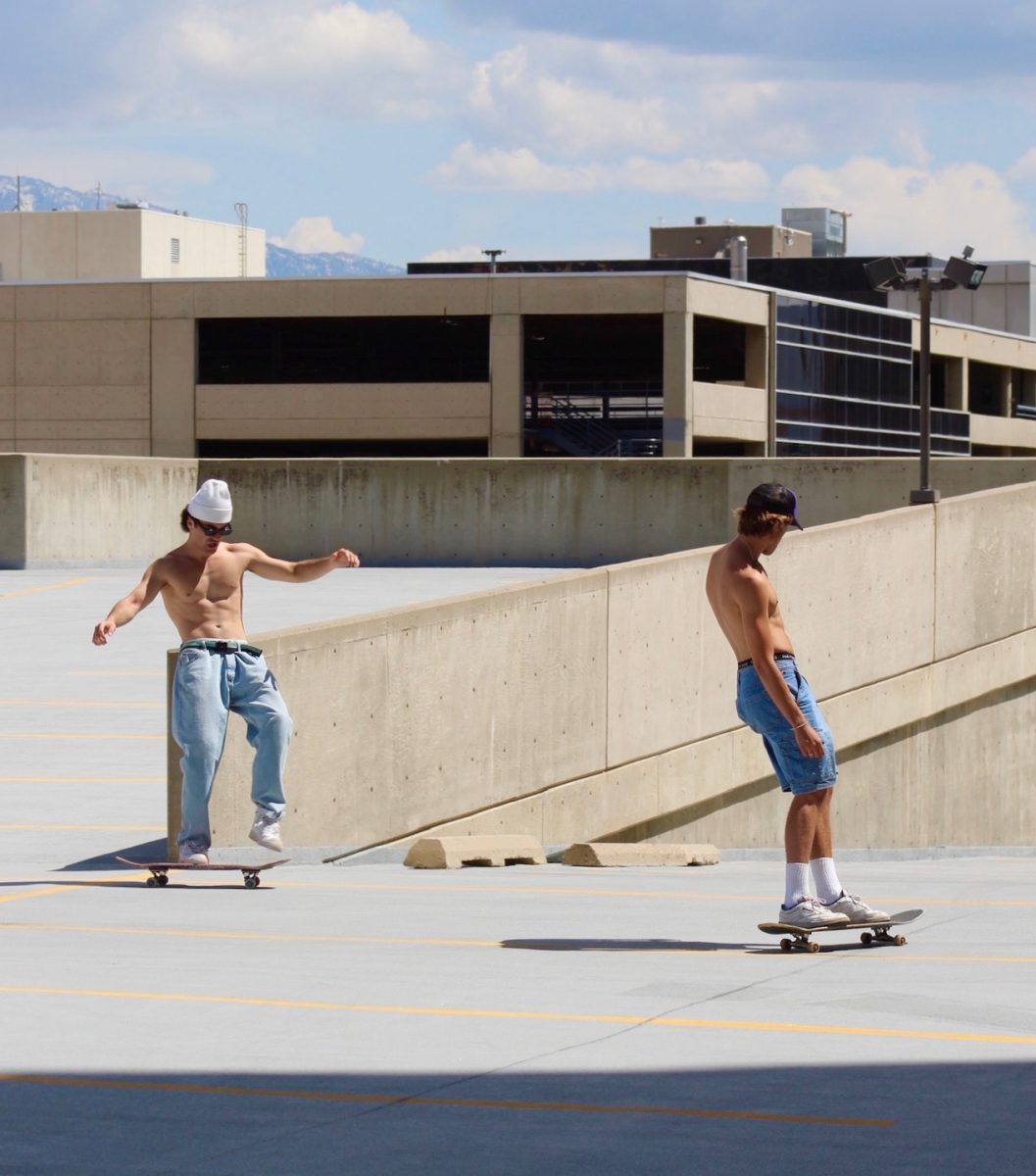Bennion Center Continues to Stride Forward After Community Engagement Classification
University of Utah Bennion Center in 2021. Photo by Hailey Danielson | The Daily Utah Chronicle)
February 14, 2021
In Feb. 2020, the University of Utah received a 2020 Community Engagement Classification from the Carnegie Foundation. This classification measures the U’s commitment to community-related activities. More than an award, this classification is a designation that lasts for 10 years and can be renewed.
The Community Engagement Classification is received based on the process of self-study by each institution, which is then assessed by a national review committee led by the Swearer Center for Public Engagement at Brown University. The review committee’s job is to make sure the institution’s mission, culture, and leadership support community engagement. These were all taken into consideration when the U was classified last year.
The Bennion Center was established in 1987 and since then has been engaging with community partners and building relationships to learn how to deal with community problems.
“It’s important to acknowledge what the faculty and students have been doing. It inspires people to do more for the community,” said Dean McGovern, the executive director of the Bennion Center.
At the Bennion Center, the Community Partnership programs have weekly volunteer opportunities in 40 different organizations all across Salt Lake City. Some examples are the American Red Cross, Feed U Food Pantry, Primary Children’s Hospital, Ronald McDonald House, and Best Friends Animal Society, to name a few.
“There are plenty of issues to tackle and they all need attention and getting this classification means bringing recognition to that. We care about many issues and causes. And it brings people together to make a difference in solving some of the world’s problems,” McGovern said.
Eric Nhem, the student programs manager at the Bennion Center, said the alternative breaks program encourages engagement through over 15 justice-based learning experiences.
He also discussed the Bennion Center Scholars program and how CEL classes help students incorporate what they learned in the classroom and apply it to their lives while working with community partners. Also, Saturday Service Projects are open to non-students and they work on various projects.
“Without interest from community members, the Bennion Center wouldn’t exist. We’re a bridge between wanting to do more and actually doing more,” Nhem said.
Students who work with the Bennion Center can also gain hours for their graduate school applications.
Although COVID has taken a toll on everyone, including the programs at the Bennion Center, Nhem believes it has also formed a sense of community and passion to help others. He said students have started to become more involved as the pandemic continues.
“The pandemic revealed those who were struggling and suffering and those who have the privilege and resources to do something about it,” Nhem said.
The Bennion Center’s values are hope, integrity, collaboration, and action. They choose to envision inclusive, healthy, resilient, and just communities.
“The Bennion Center inspires and mobilizes people to strengthen their communities through learning, and advocacy,” McGovern said.


